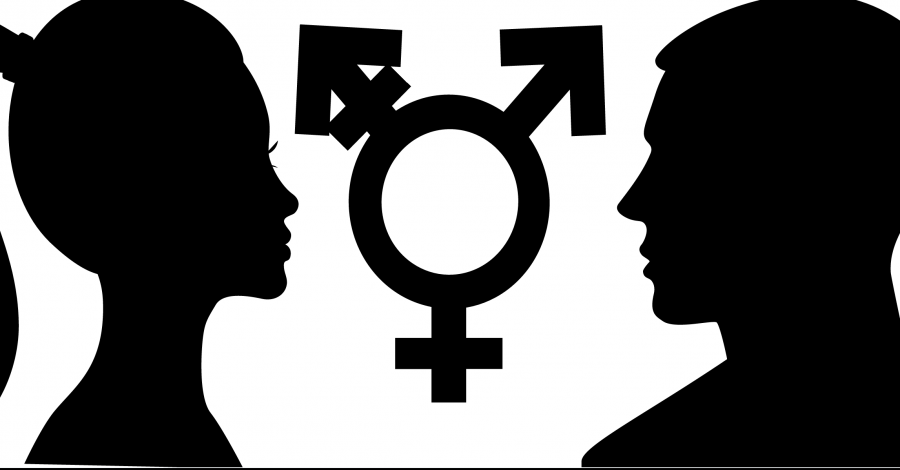I recently found out that my twenty-four-year-old cousin, born a male and treated as one until now, no longer identifies as either standard gender. My cousin has asked to be referred to as “Holland,” establishing a gender-neutral identity.
I’m having trouble writing this because there is currently no clear pronoun in the English language that applies to neutral-gendered people. With Holland’s new identity, I find myself skirting around sentences that require a pronoun—but I can’t simply refer to my cousin as “my cousin” for the rest of my life.
Understandably, there’s a lot of confusion surrounding gender identity. People may use the incorrect term when describing a gender-neutral person and be accused of rudeness when the real cause was innocent ignorance. Language isn’t adapted to cope with the multifaceted nature of gender identity.
The language of gender identity cannot remain binary, or just “male” and “female.” Gender-exclusive colleges must redefine what they consider to be male or female in order to accommodate the influx of transgender applicants. Public restrooms can no longer just read “male” or “female.” The wording of daily life must be reconsidered to represent the middle ground of the gender spectrum.
The closest words the English language has to a gender neutral pronoun right now are “they” and “it.” There have been multiple attempts to establish one definitive gender neutral pronoun, including proposed pronouns like en, thon, hir, hesh, sheehy and sap. The one I would suggest be added to the dictionary is “ve.” “Ve” (pronounced like the letter “v”) is to gender-neutral people as “he” and “she” are to males and females. Then there would be the derivatives of “ve,” like “vis” (his/hers), and “vim” (him/her). Saying these words out loud within a sentence feels surprisingly natural.
Imagine how much confusion and awkwardness this would eliminate. Introductions would be much less uncomfortable if one word (ve) were to tell everything.
The English language has shown its ability to adapt to modern times. Just look at recent additions to the Oxford dictionary: “beatboxer” and “sciency”—language is constantly being updated to accommodate contemporary style. Well, there’s nothing more current than gender debates.
Any new word is difficult to incorporate into common language at first. But with time and practice, the pronoun would easily slide into casual vocabulary, as other words have before it.
We live in a fairly progressive society—it only follows suit that our language be progressive as well. The attitude and mindset for change is there, but the language is not. Giving a name to something gives it power. As long as uncertainty remains in the language of gender identity, true acceptance can never be achieved.




















Anonymous • Jun 30, 2015 at 11:45 am
ze and zir are already used, pretty similar to what you propose